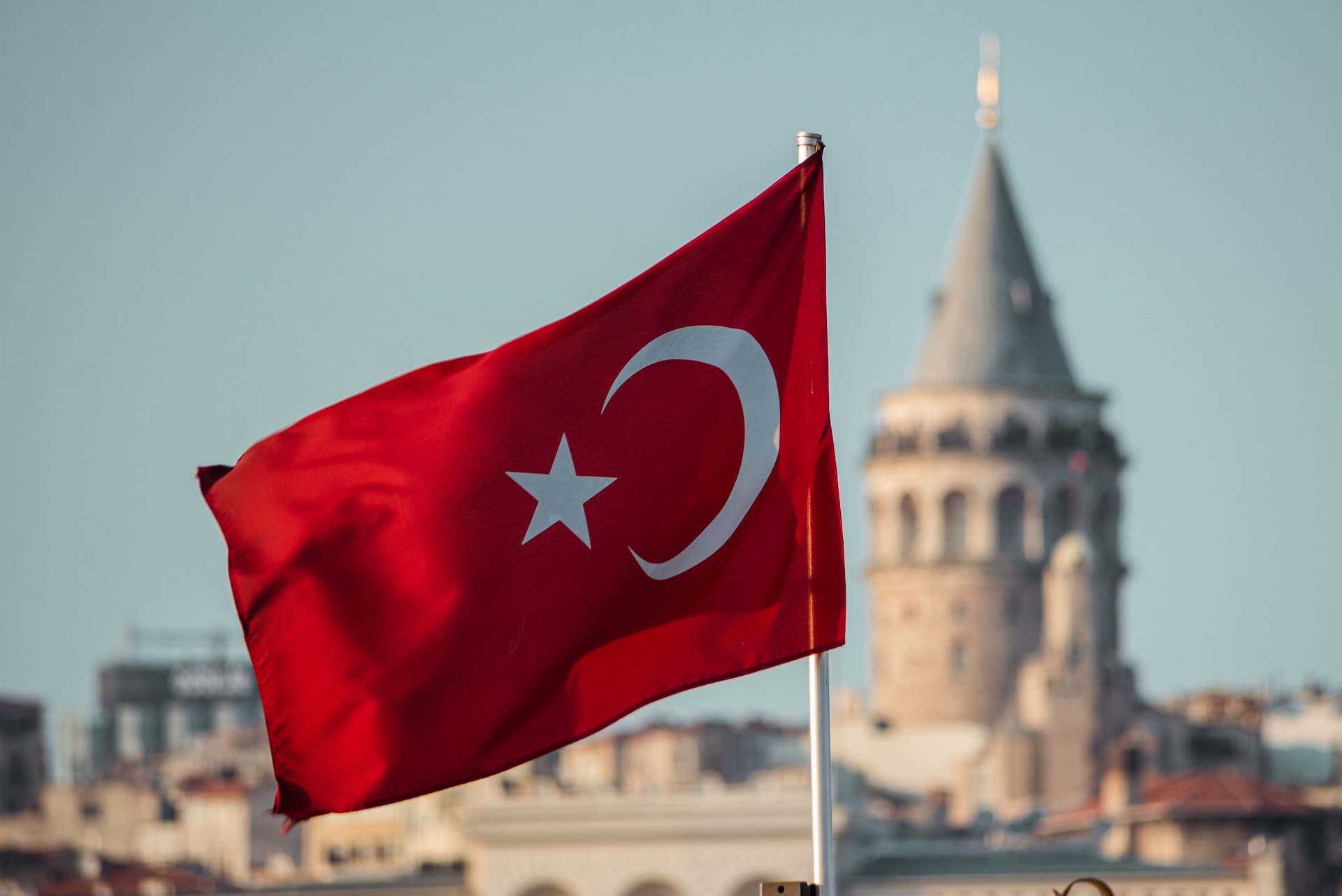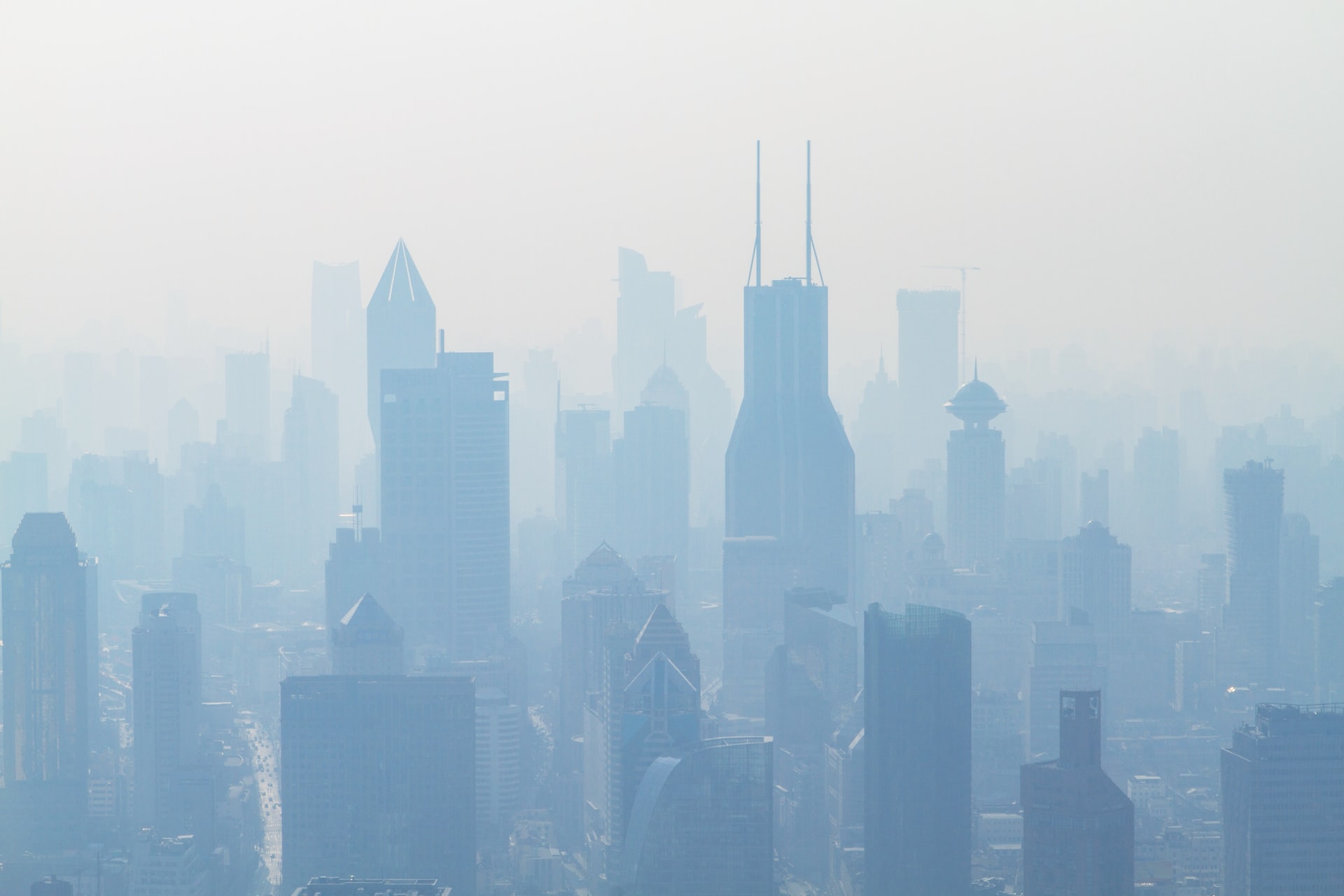The Vision of Türkiye
The Republic of Türkiye is a Western Asian country with a population of more than 85 million people, most of whom are young. More than three-fourths of its population reside in cities, with Istanbul being both the capital and most populous city in the country.
Türkiye is the 19th largest economy in the world, with a GDP of roughly US$906 billion. The country is a member of the OECD and the G20, and is also an important donor of Official Development Assistance. Propelled by strategic reforms, Türkiye enjoyed high growth rates between 2006 and 2017, increasing the size of the upper-middle-income population and halving the poverty ratio in the country.
Turkish President Recep Tayyip Erdoğan has yet again won the country’s presidential election, making him one of the strongest political figures in the country since 2014. He has also been an important figure in initiating ceasefire talks between Russia and Ukraine.
The country is destined for a post-COVID recovery, but it will require a sustainable approach that considers social, environmental and geopolitical concerns. Taking timely action and developing a high-impact socio-economic development framework will ensure the country realizes its goals of a robust and sustainable economy. These and many more topics will be discussed in the Horasis Global Meeting, which is scheduled to take place in Gaziantep, Türkiye between 22-23 October 2023. The meeting will bring together some of the world’s best-known business leaders, who along with government officials and representatives from international organizations, will brainstorm with senior members of the Horasis Visions Community to find solutions to critical challenges facing corporations and societies today.
This meeting is also happening at an opportune time as Gaziantep and its neighboring cities rebuild froma 7.8-magnitude earthquake that hit in February 2023. The fatalities are well over 50,000. Nevertheless, strong-willed Turkish citizens have started their rebuilding journey. Although the journey will be long, the people of Türkiye supported by its –re-elected president is determined to take action.
Türkiye’s National Strategy
President Erdoğan unveiled Türkiye’s Vision for 2053 on September 17, 2020 defining it as the Türkiye model. “We are working to improve our country because our people deserve it, not because others wish so. We call it ‘democracy’ because it’s a globally known concept. We are determined to continue this fight for all our brothers. This is called the Türkiye model,” Erdoğan said.
As part of its 2053 vision, the country plans to bring reforms to its judiciary and economic system, as well as implement a new civilian constitution that respects human rights. Turkey plans to further enlarge its foreign policy involvement. “In the field of foreign policy, we have both strengthened the tools of our country and diversified them. We have carried out opening policies toward Africa, Asia and Latin America where Türkiye had only a limited presence before. Thereby, we have raised our foreign representations that were only 163 in 2002, to 251,” said President Erdoğan.
As part of improving its judicial system, the country also introduced the Human Rights Action Plan. The plan focuses on the topics of freedom, the right to security, the right to a fair trial, freedom of speech as well as the rights of women and the disabled. The plan is based on the vision of “Free Individuals, Strong Society: More Democratic Turkey.”
Türkiye also aims to become a logistics superpower by 2053. It plans to connect the country with a rail network that stretches from London to Beijing and Siberia to South Africa. As part of expanding its rail network, Türkiye plans to invest another US$198 billion by 2053, which is over and above the US$172 billion that has already been invested in all means of transportation and communication infrastructure between 2003 to 2021. These investments will enable the country to save around US$176 billion, including US$59 billion in time, US$26 billion in fuel, US$10 billion in accident costs, US$31 billion in emission reduction costs, and US$56 billion in other costs from external factors.
Green Transition on Sight
As part of complying with the European Green Deal, which is a set of policies aiming to make EU the first climate-neutral continent by 2050, Türkiye released its landmark Green Deal Action Plan. The Plan which was released by the Turkey Trade Ministry, includes 32 objectives and 81 actions in nine categories to power Türkiye’s transition to a more sustainable and greener economy by 2050.
Türkiye has also formed a Green Reconciliation Working Group that will work to remove barriers to foreign trade and ensure the green transformation of companies. The country is also taking active steps in making hydrogen a key energy source. And as part of reducing emissions, Türkiye is building subway lines, and increasing the length of intercity railway systems by 50% in a bid to reduce greenhouse emissions and solve traffic congestion. Türkiye is also working on roadmaps to make new buildings carbon neutral by 2030 and existing buildings by 2050.
The country’s future is bright and the vision is clear. With both its government and citizens participating actively, Türkiye is and will remain a nation to reckon with.
Photo: The Turkish flag in the backdrop of Istanbul.



